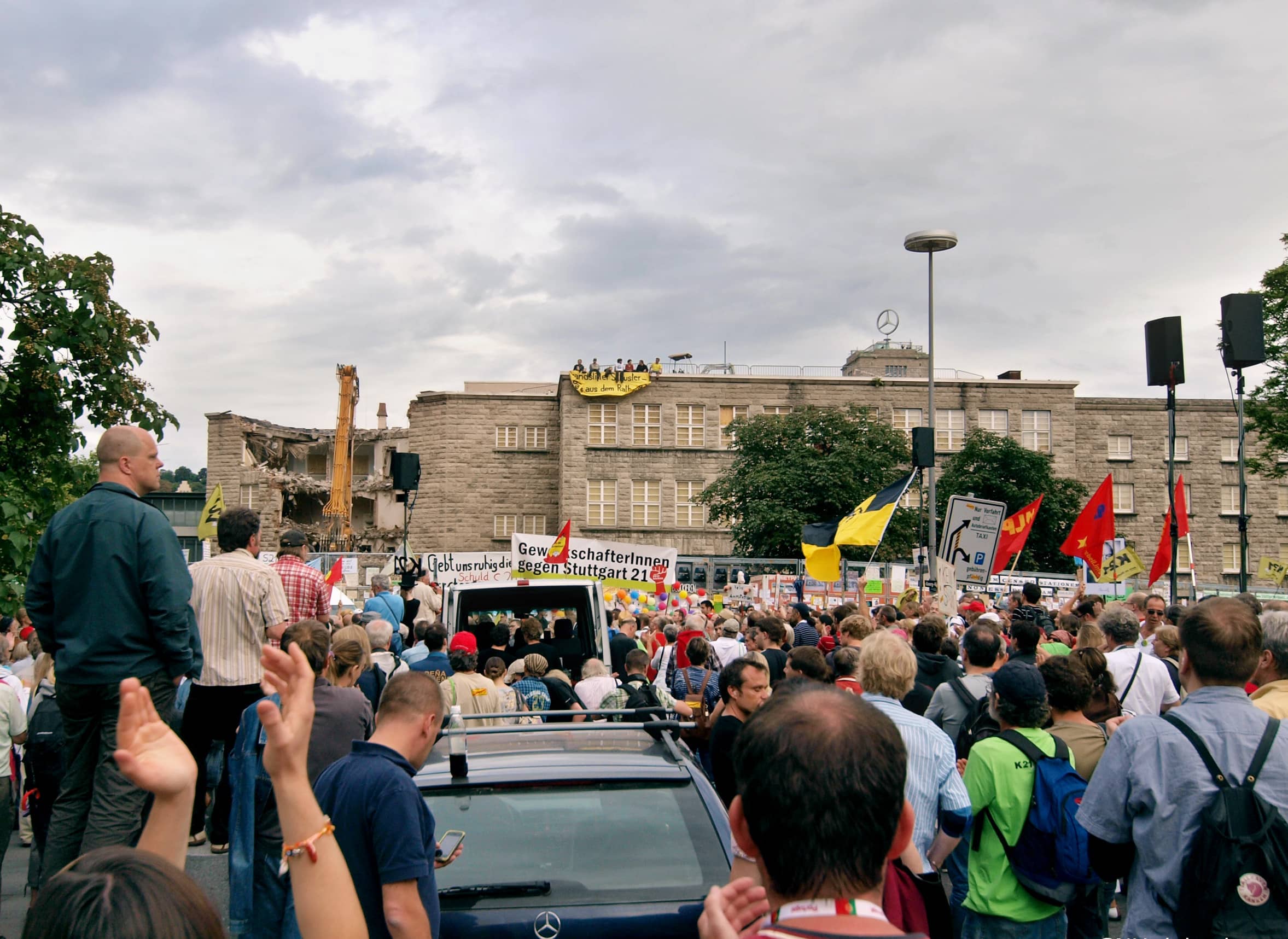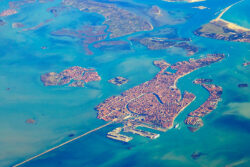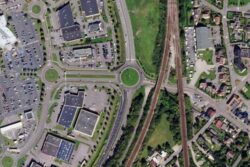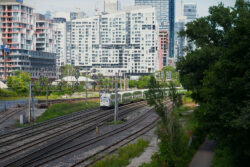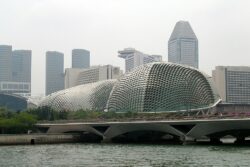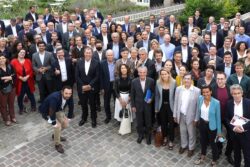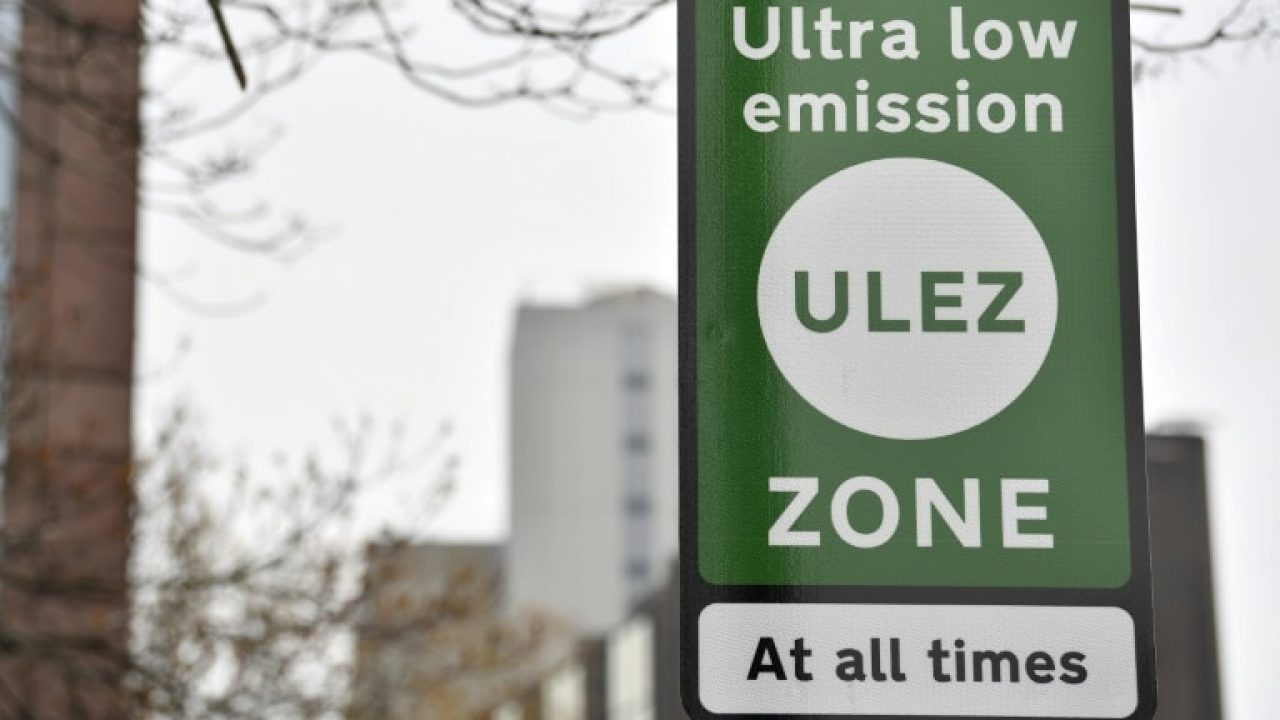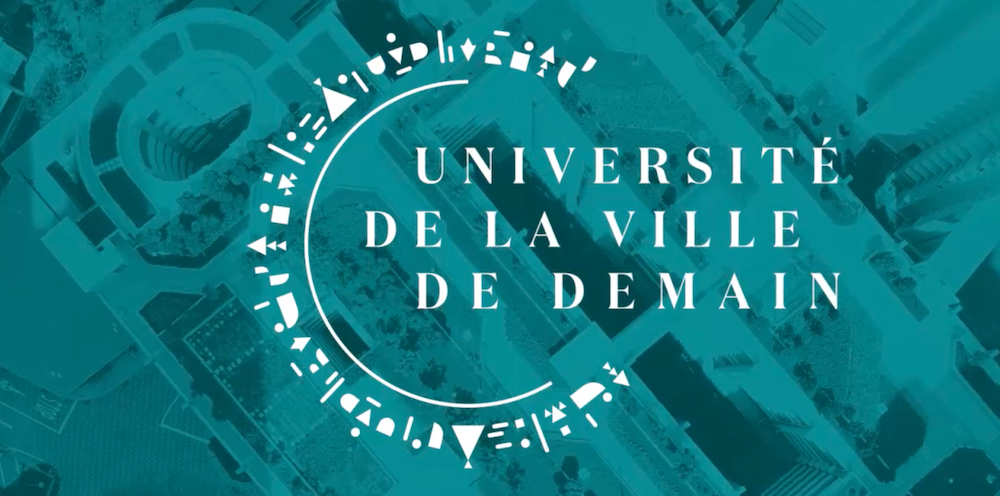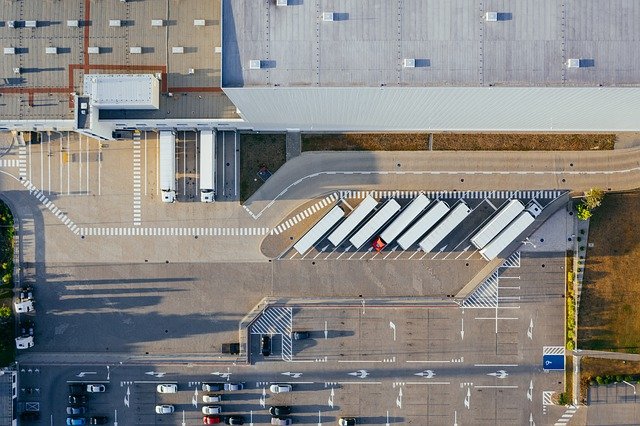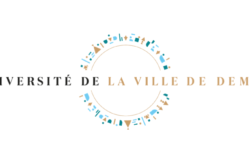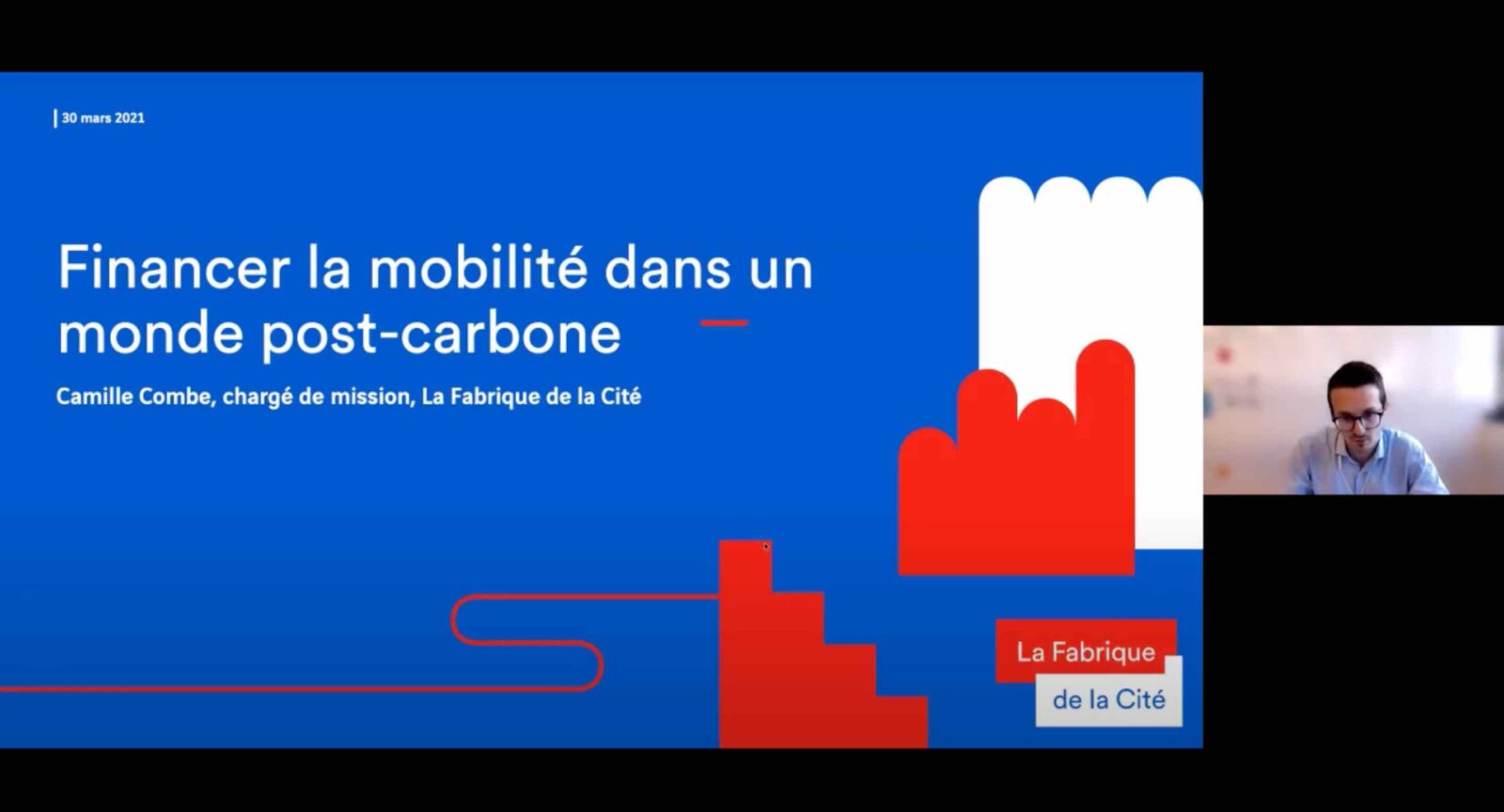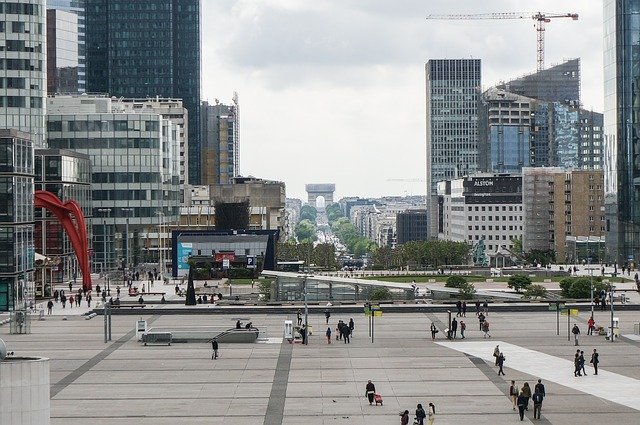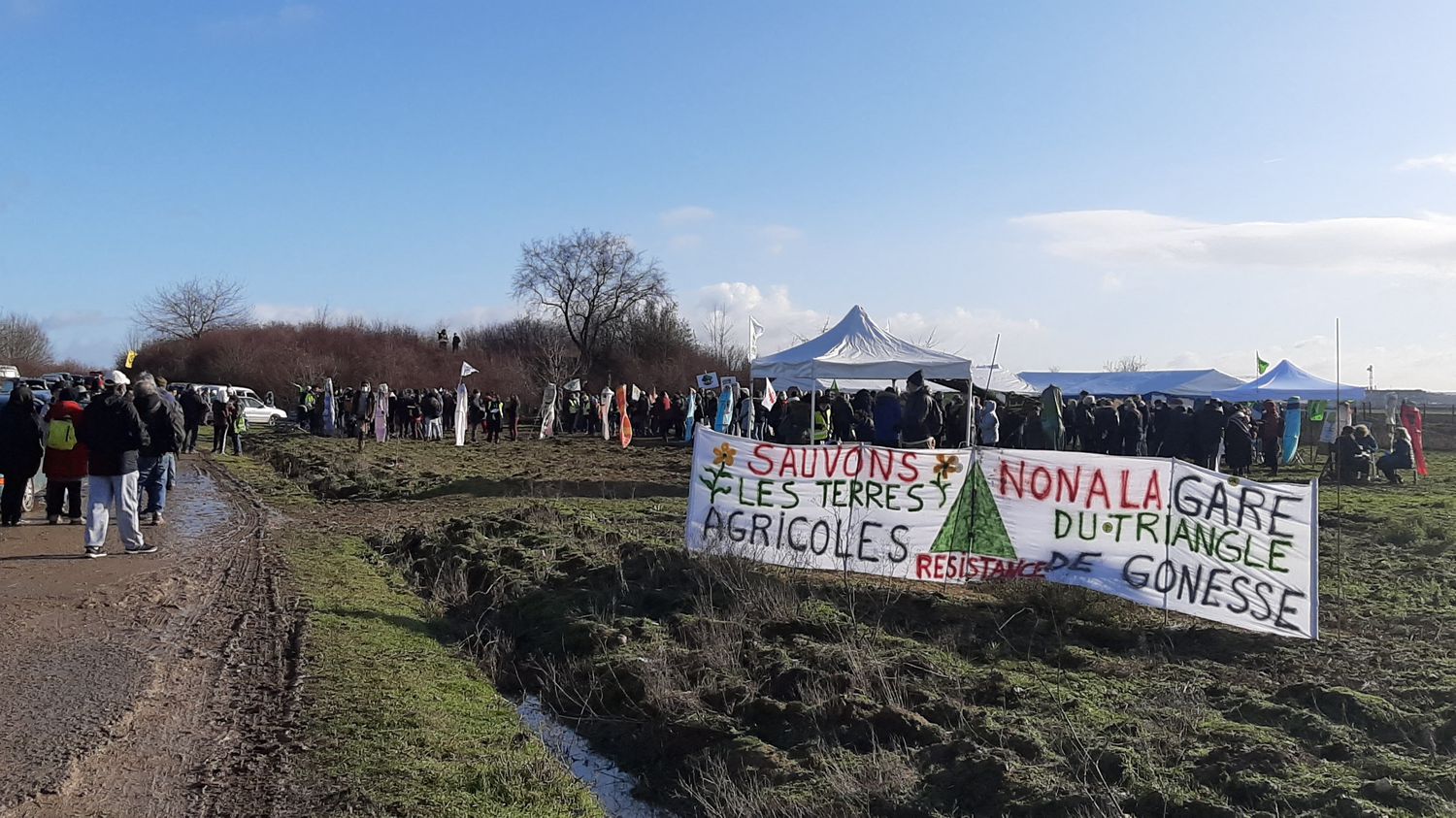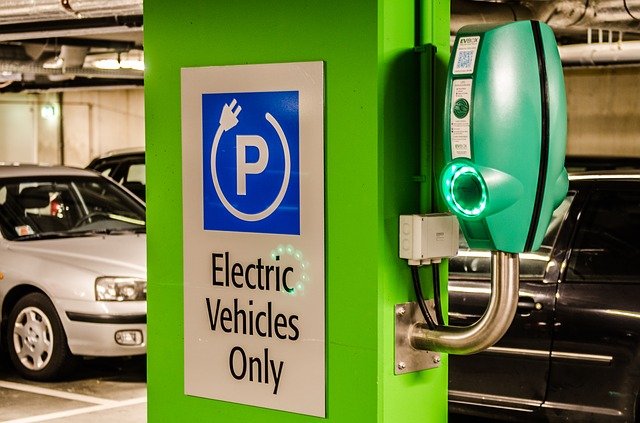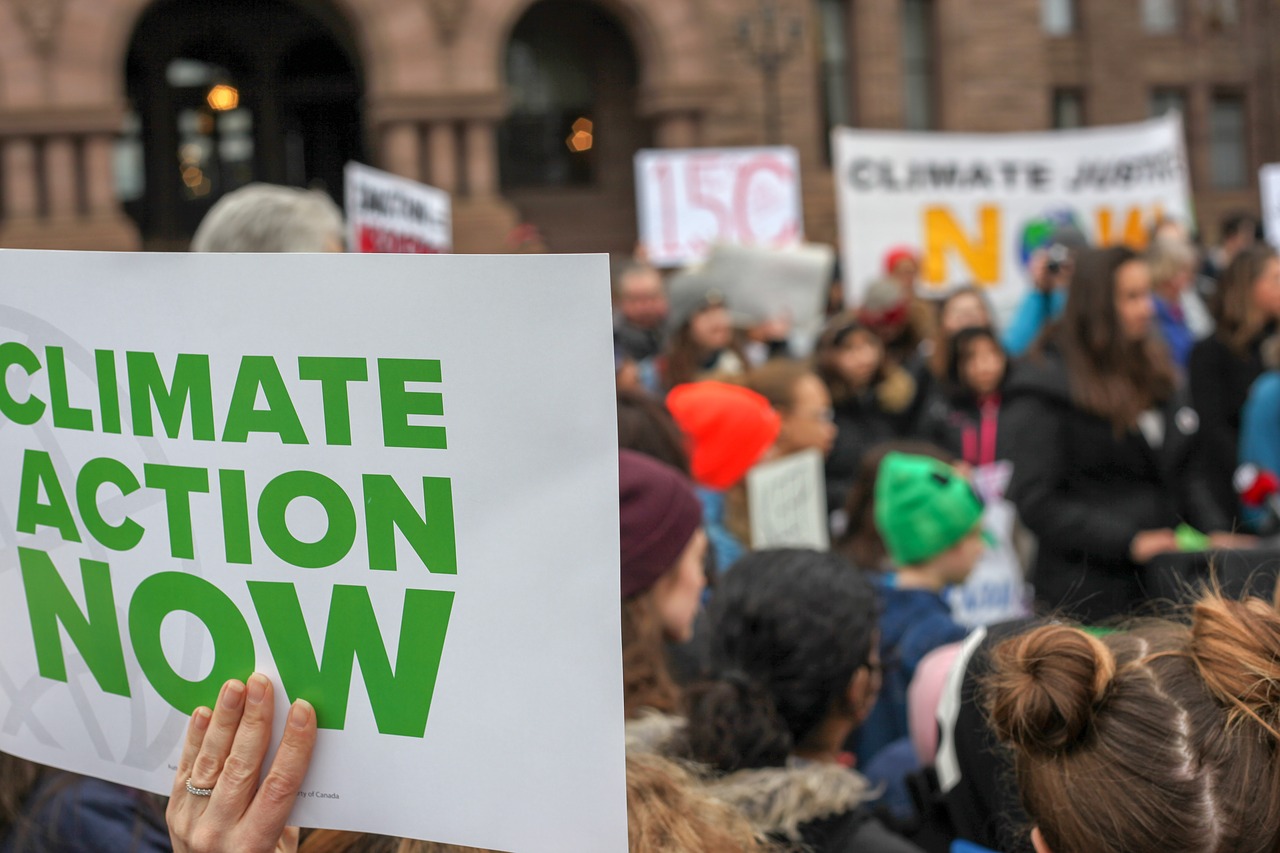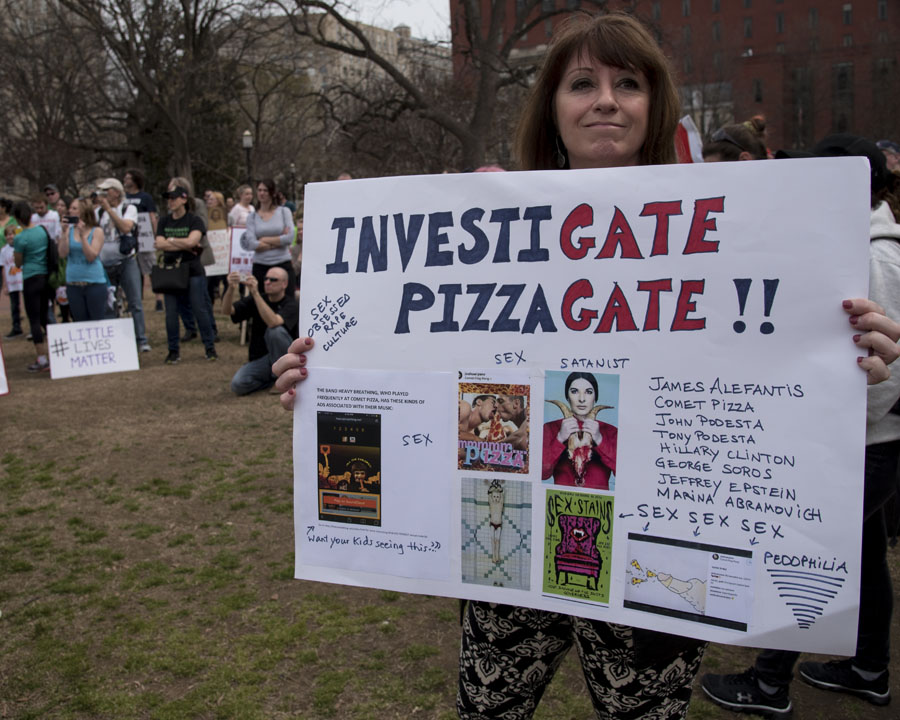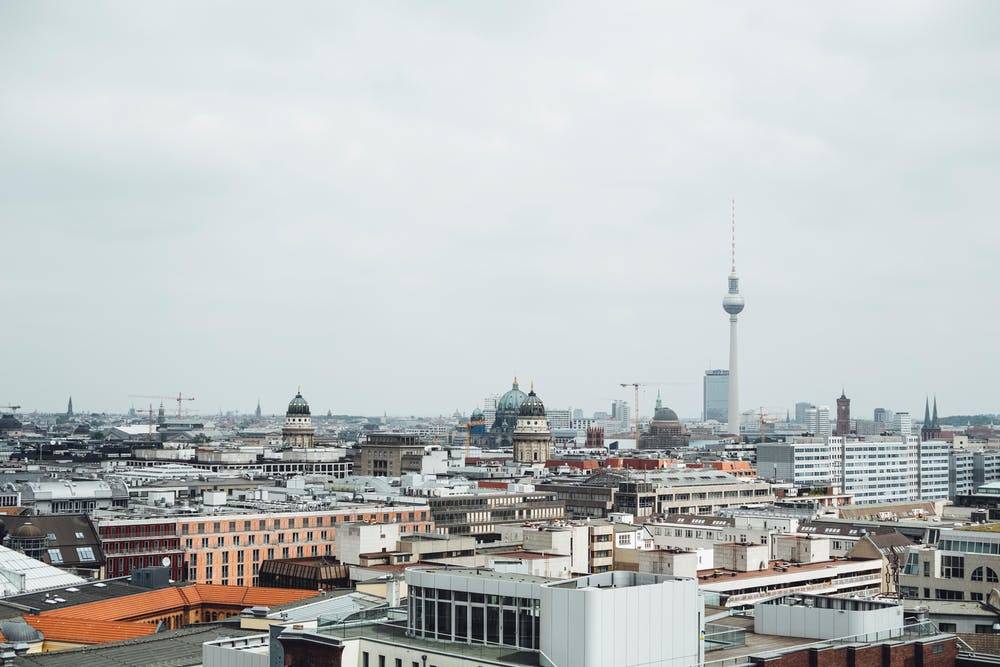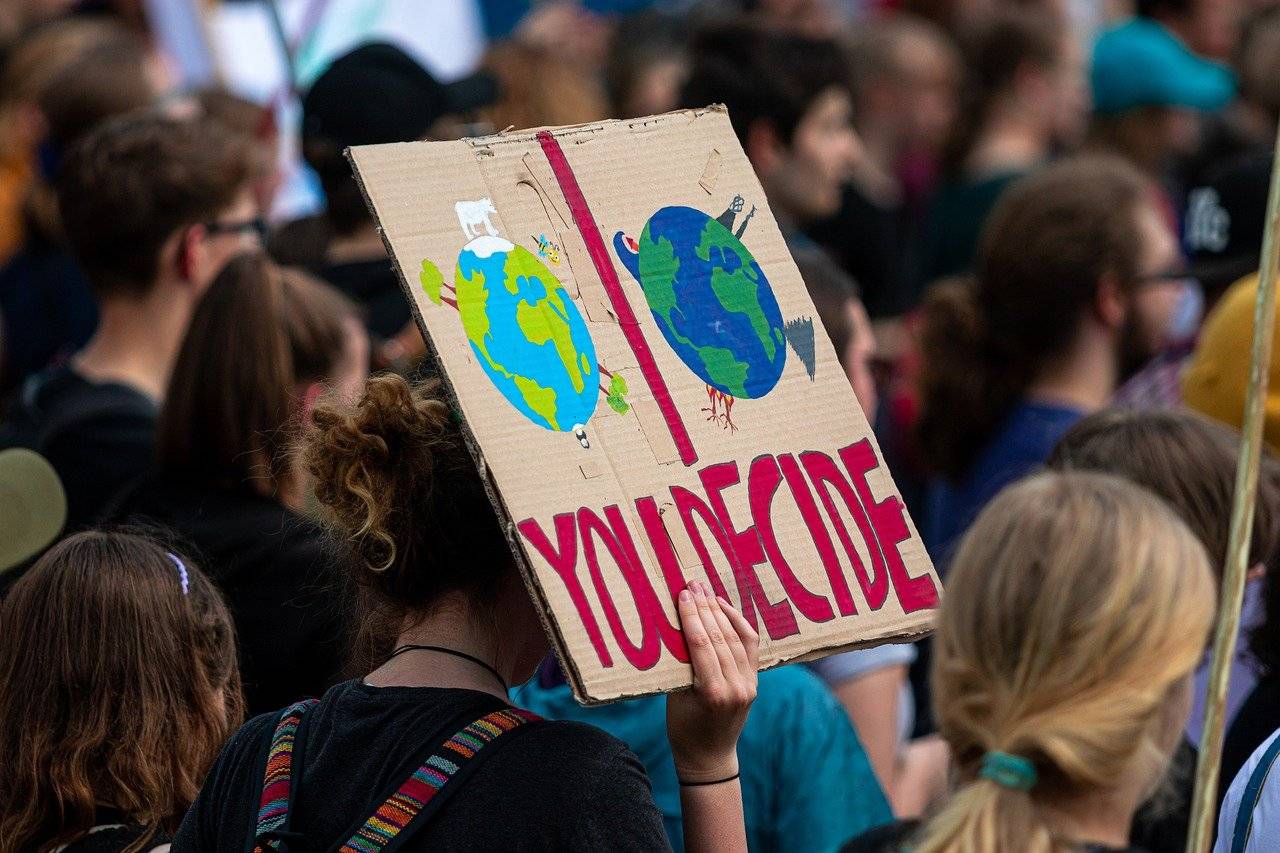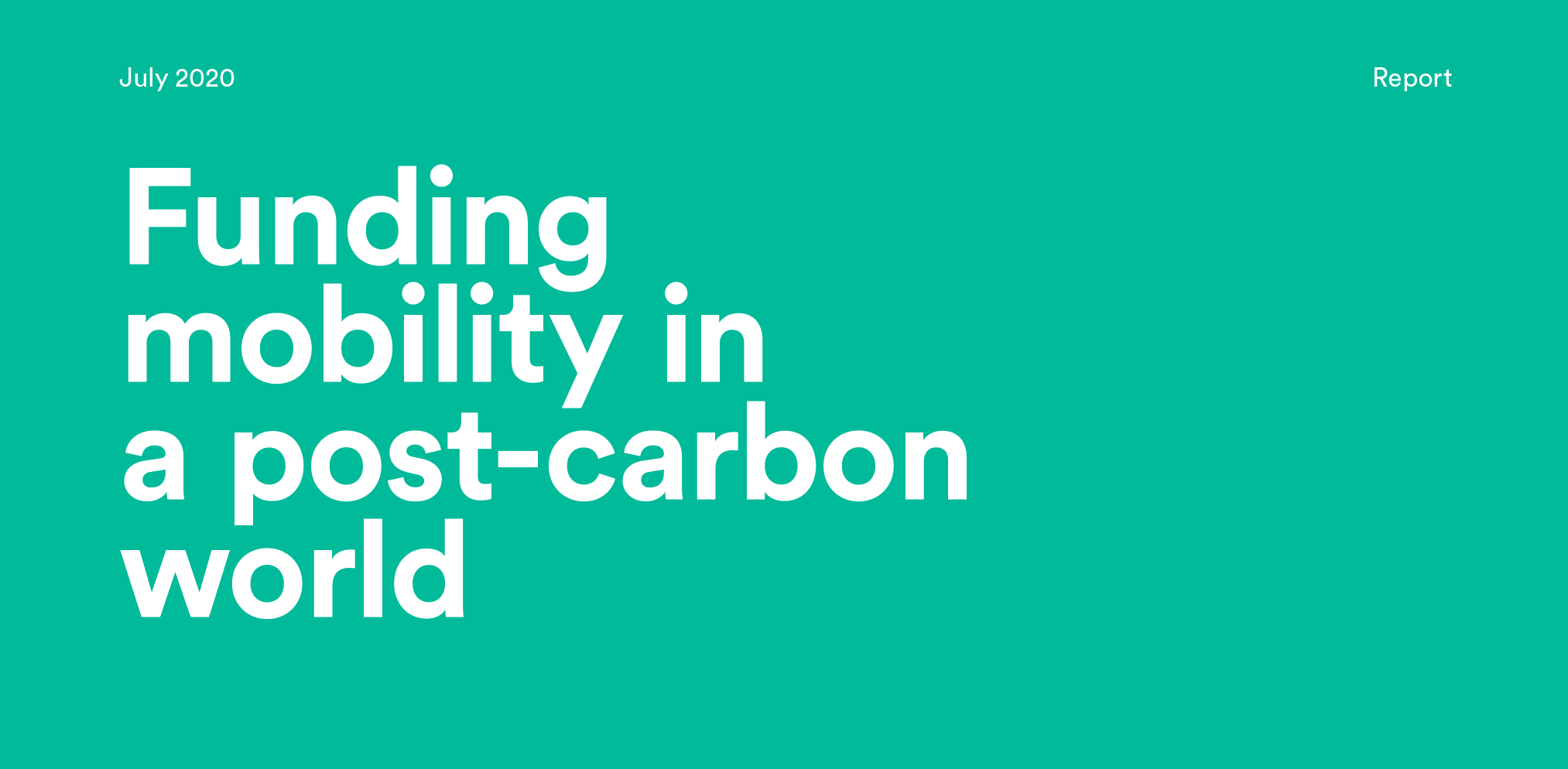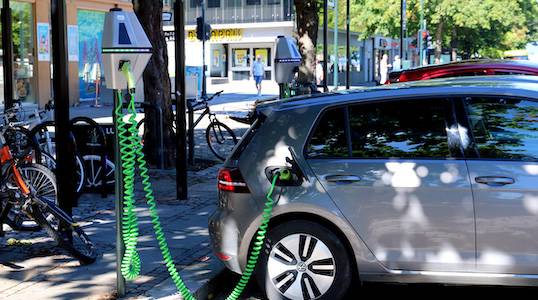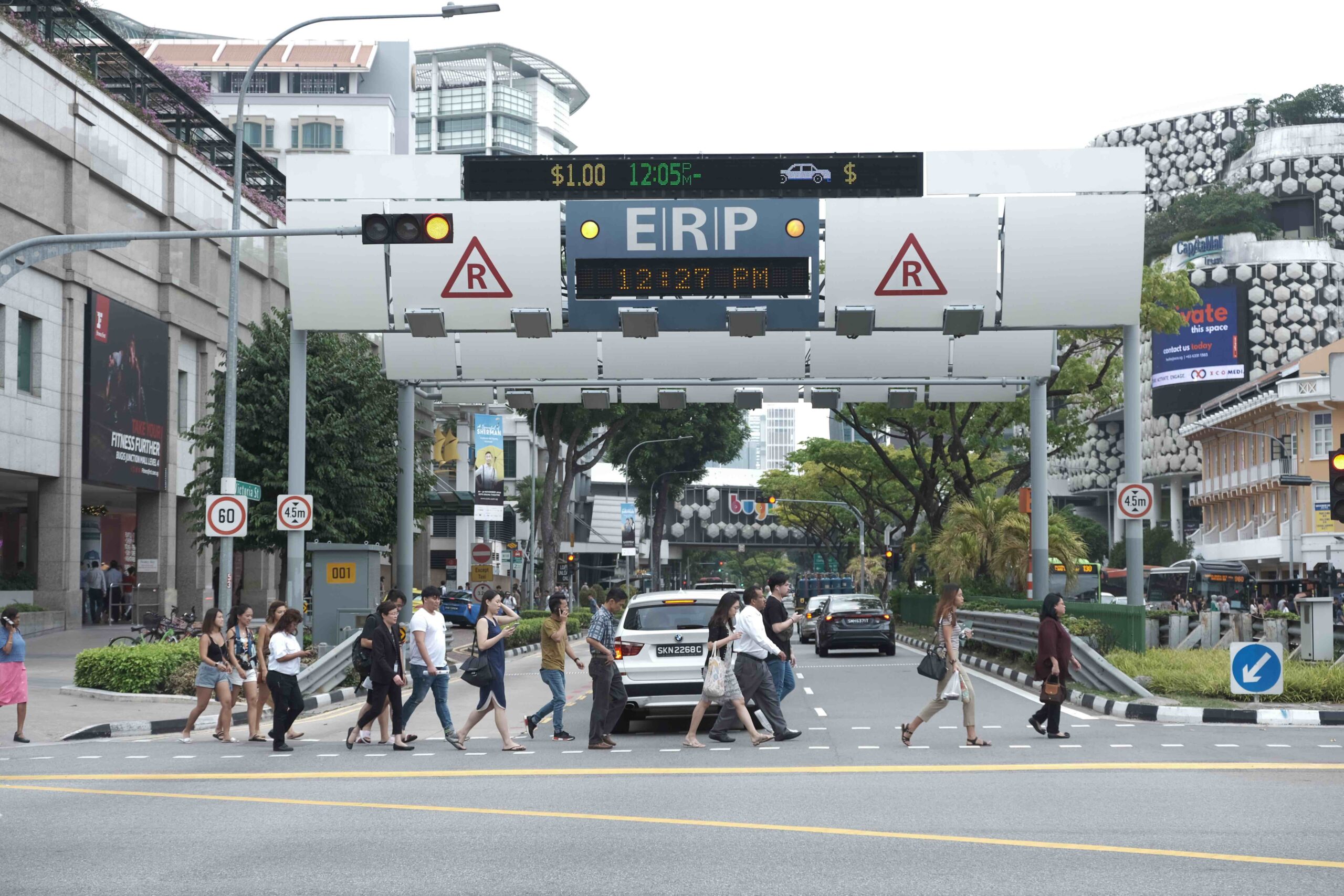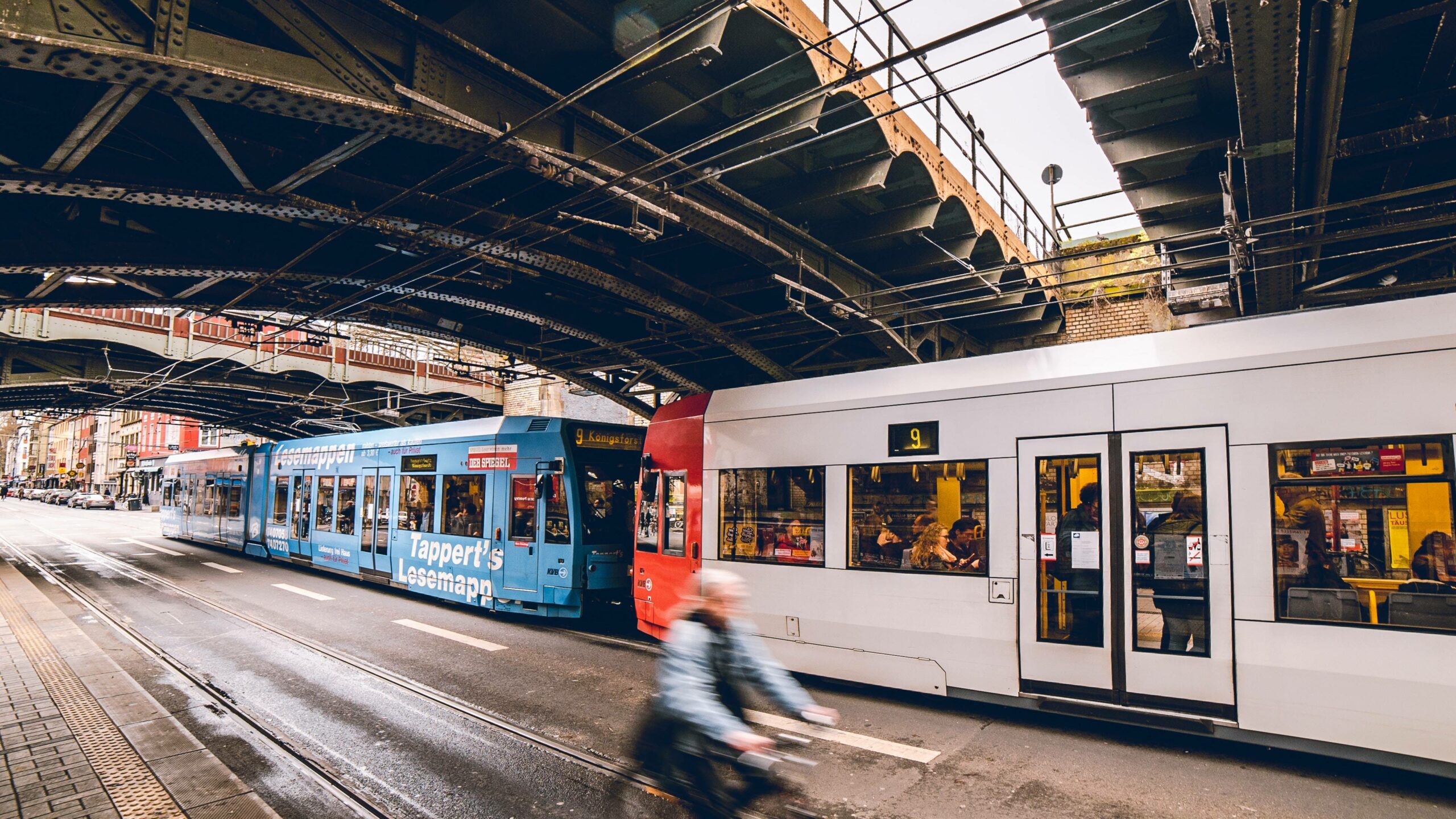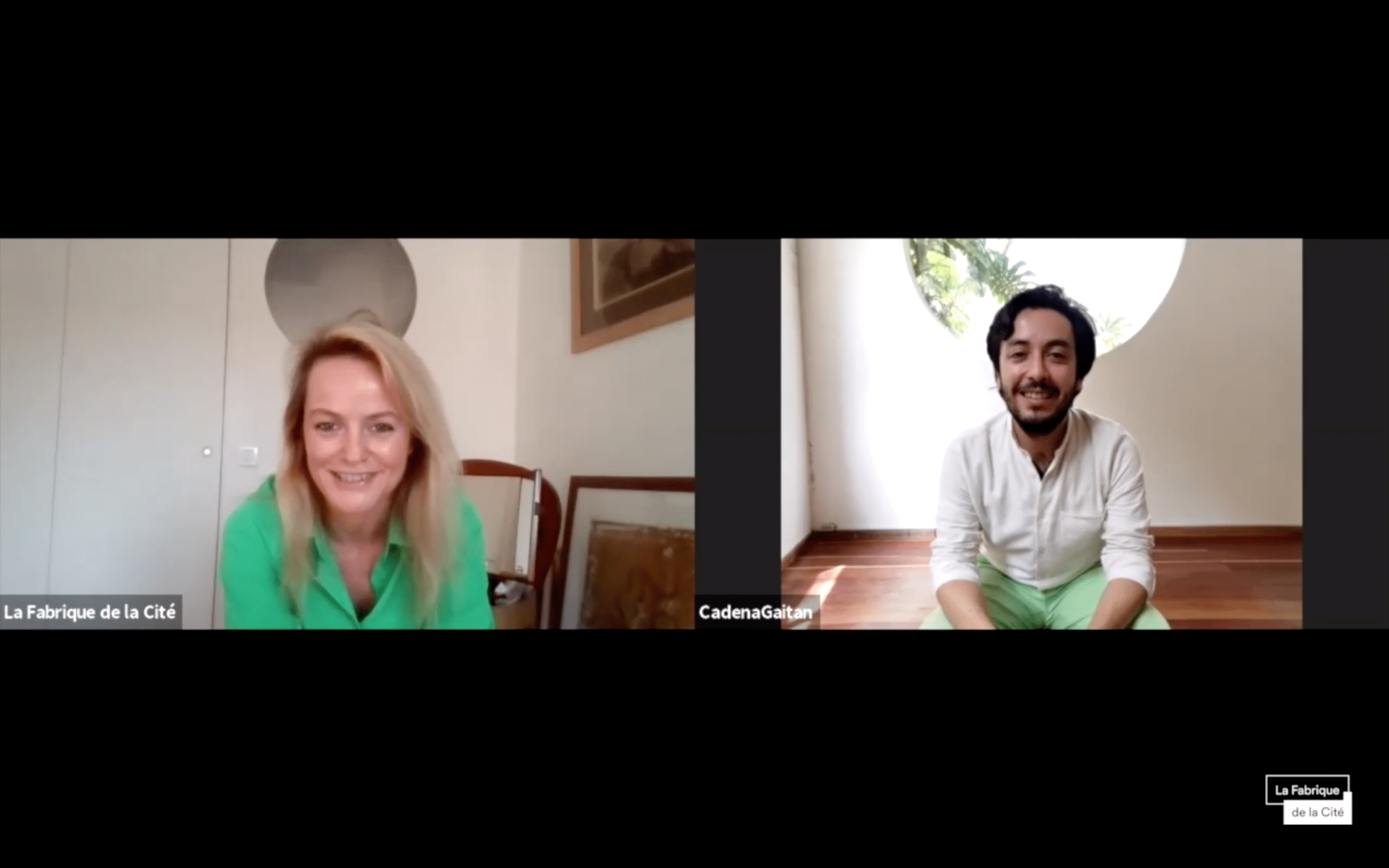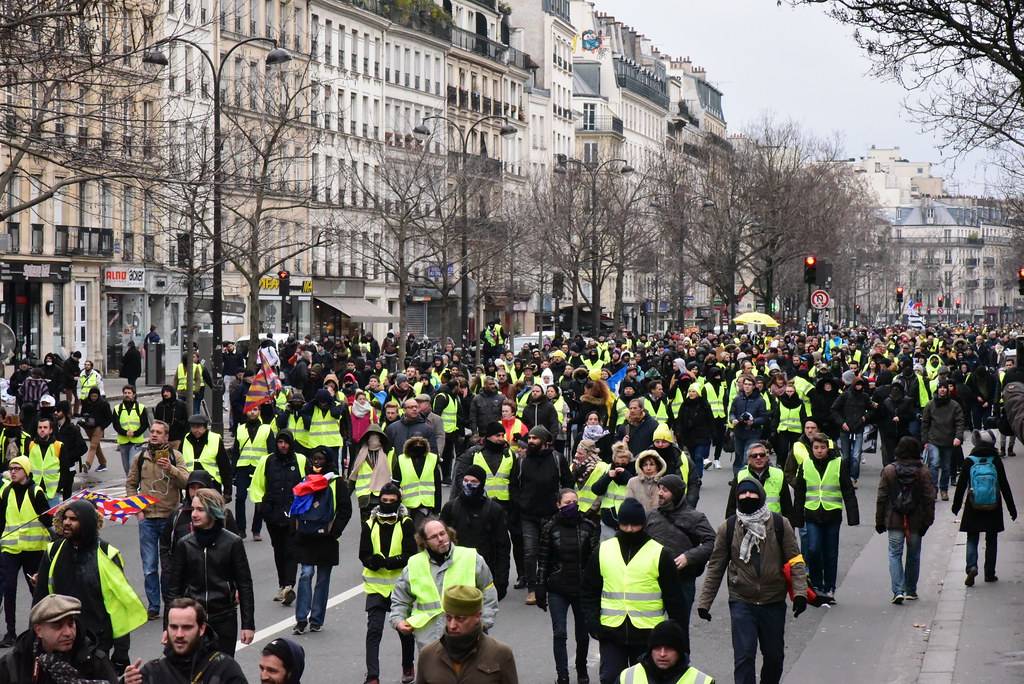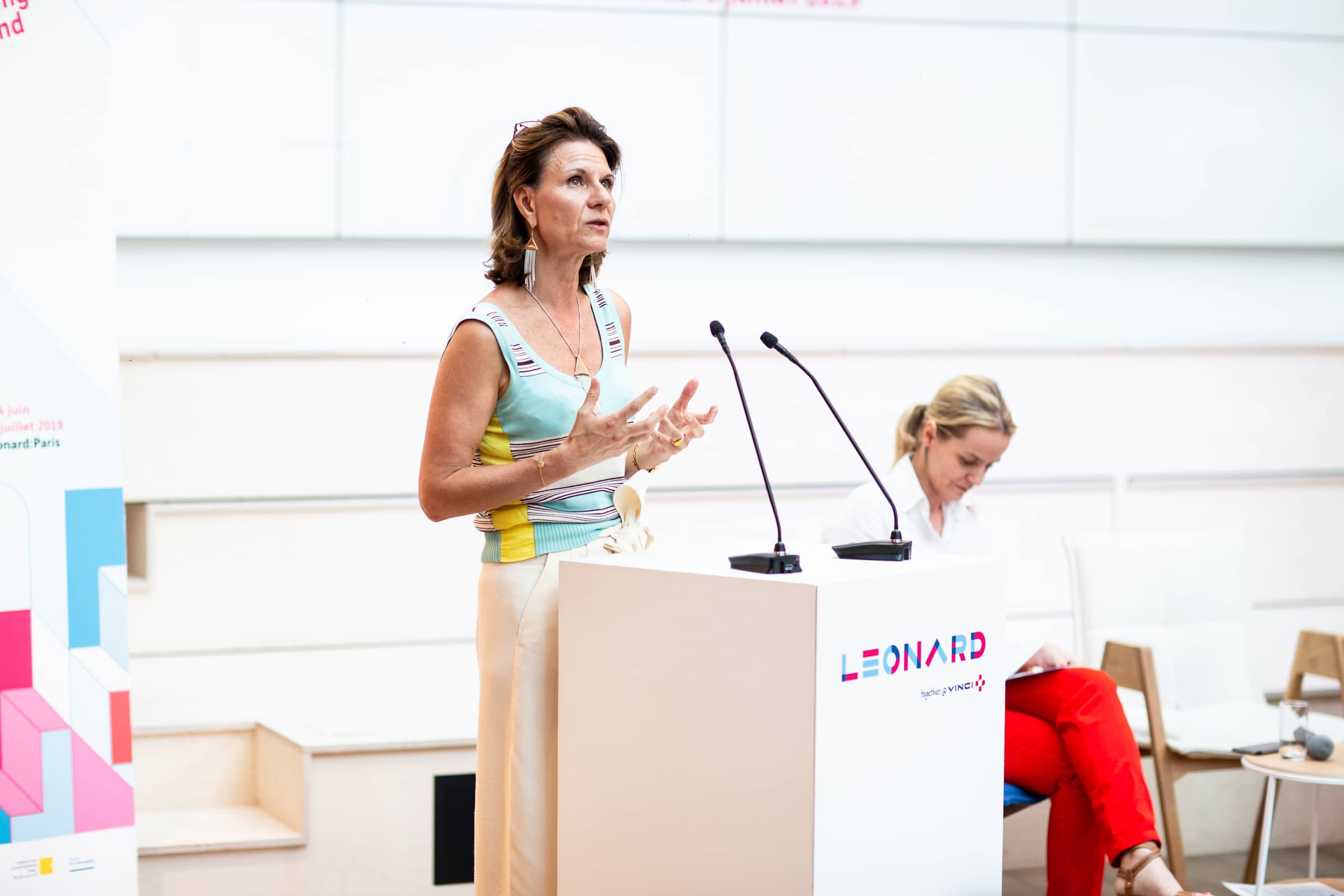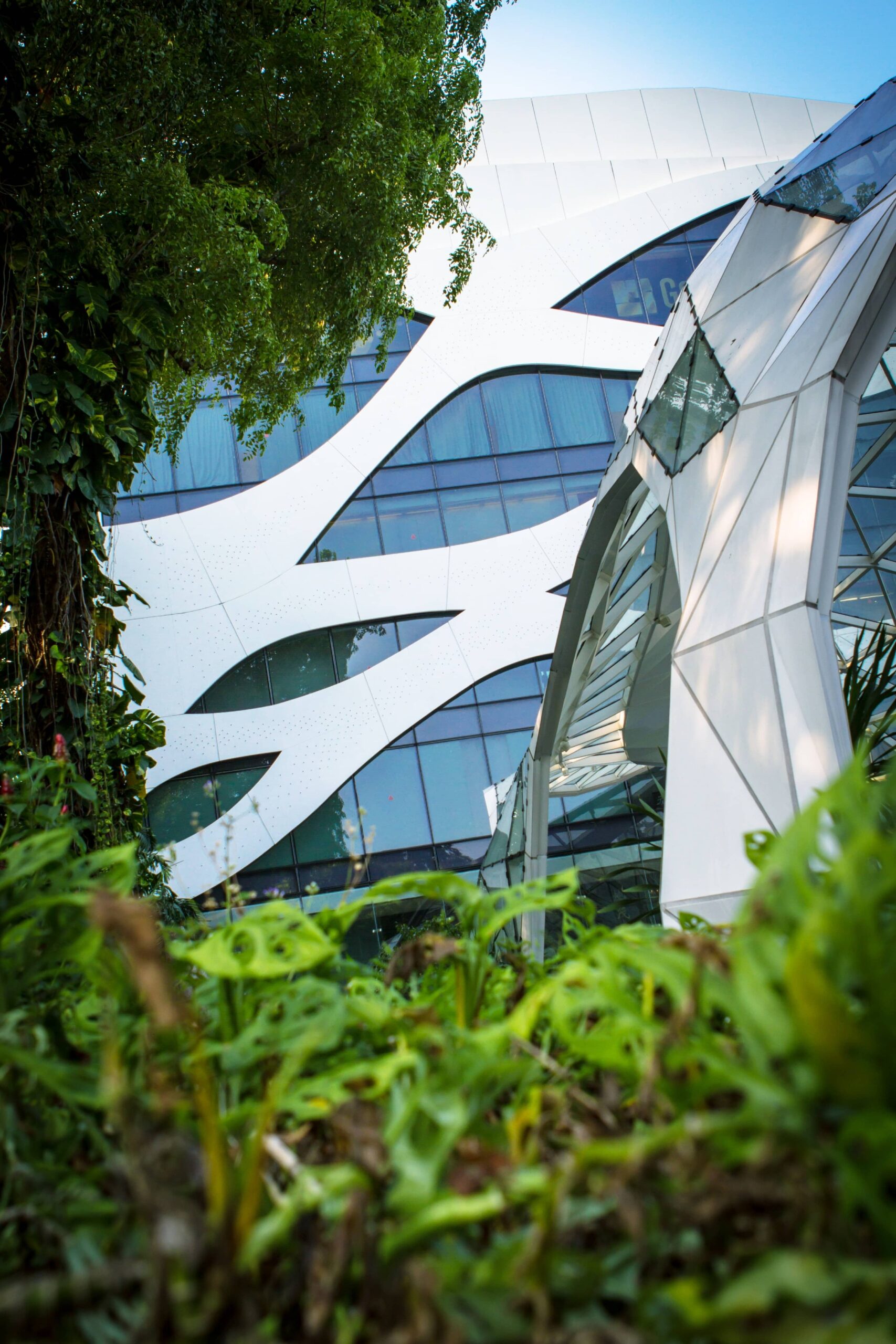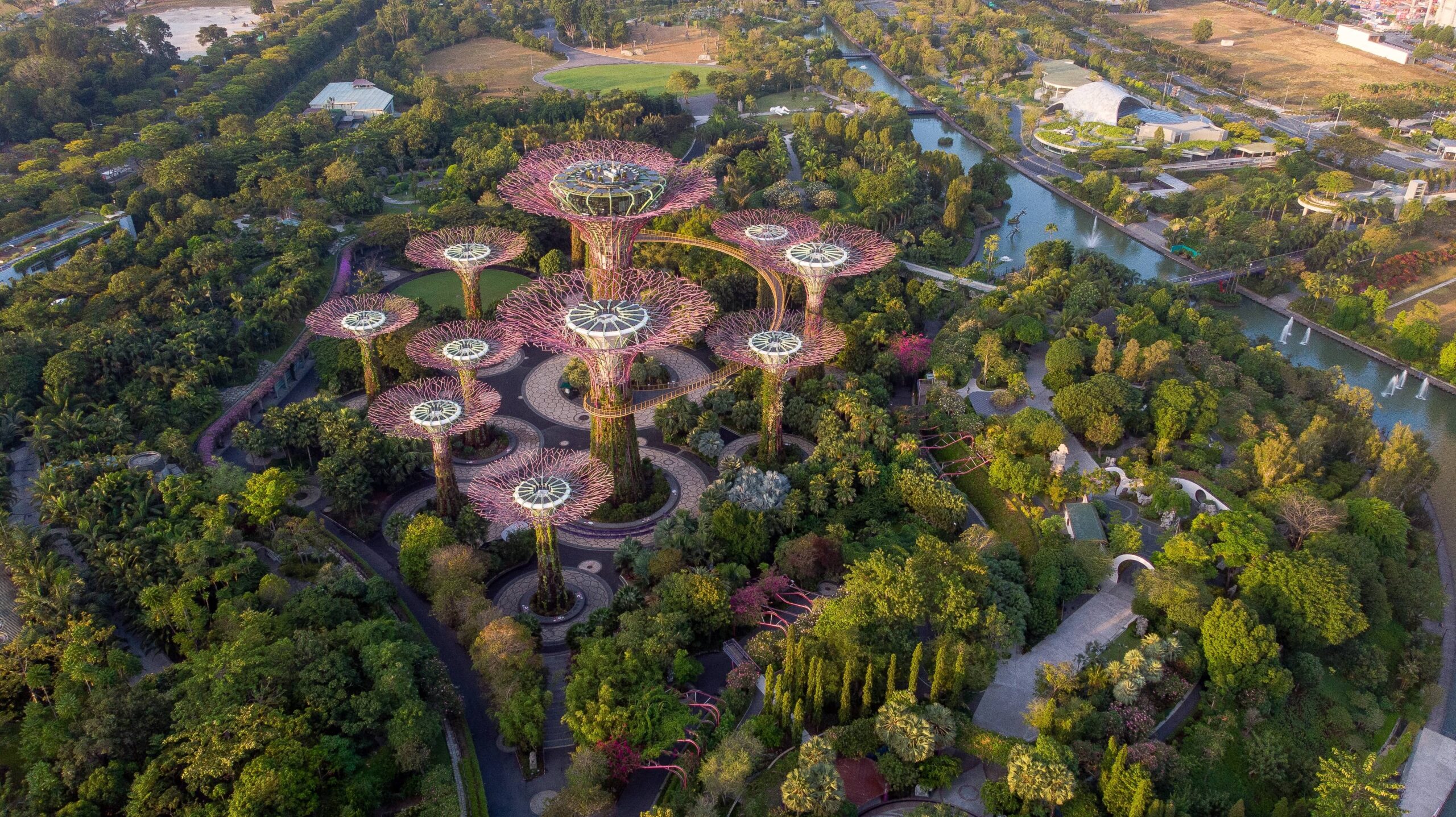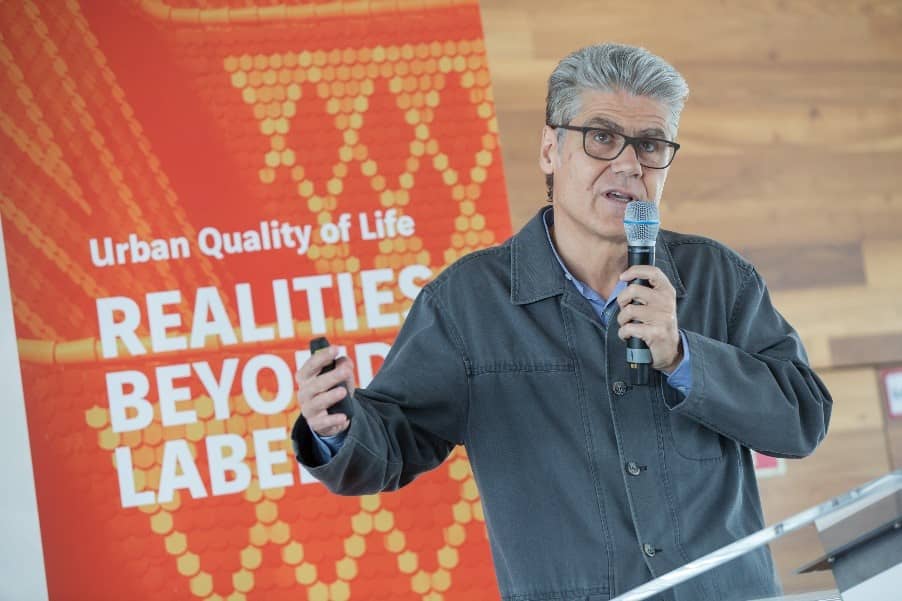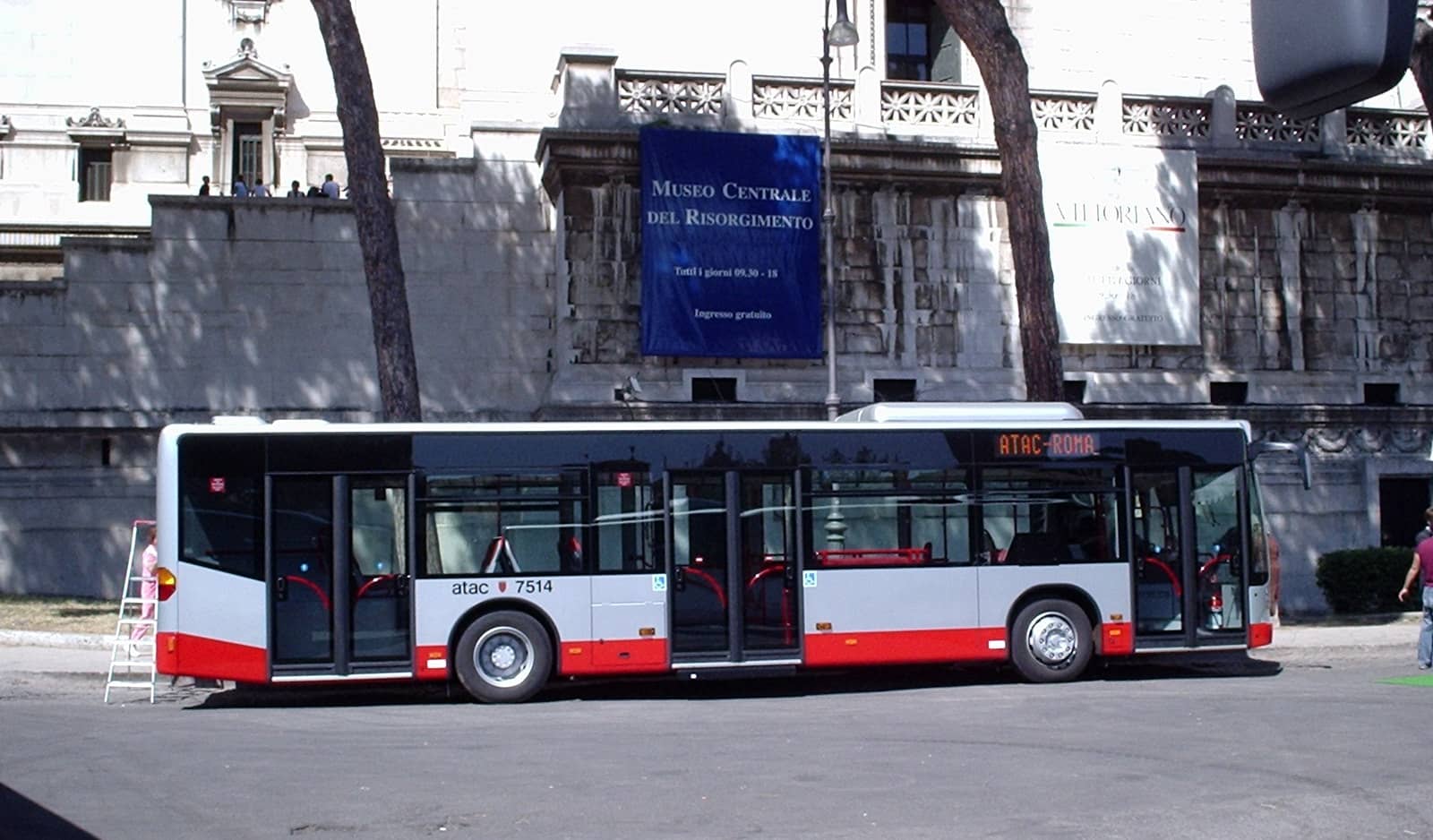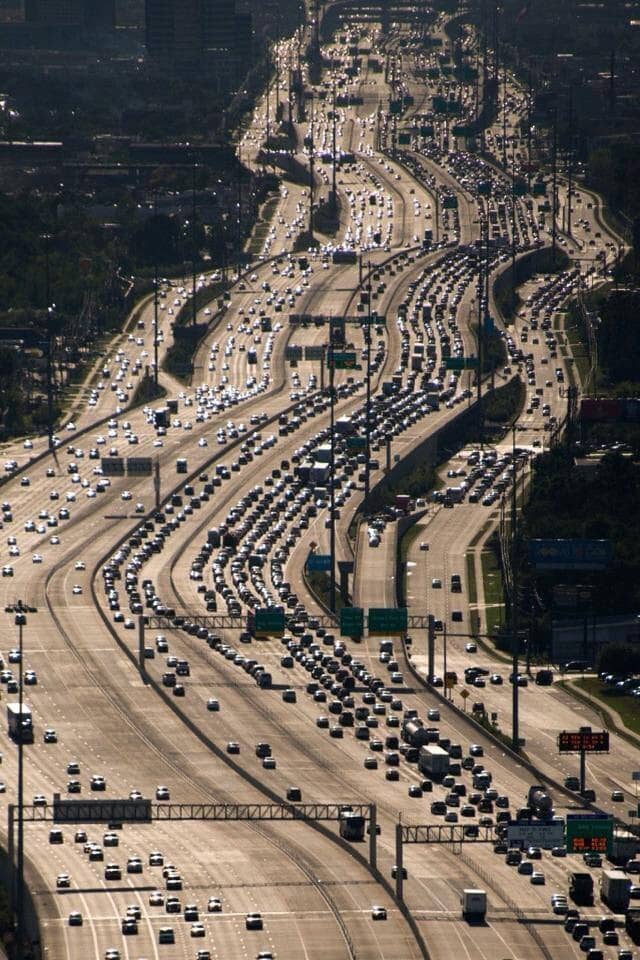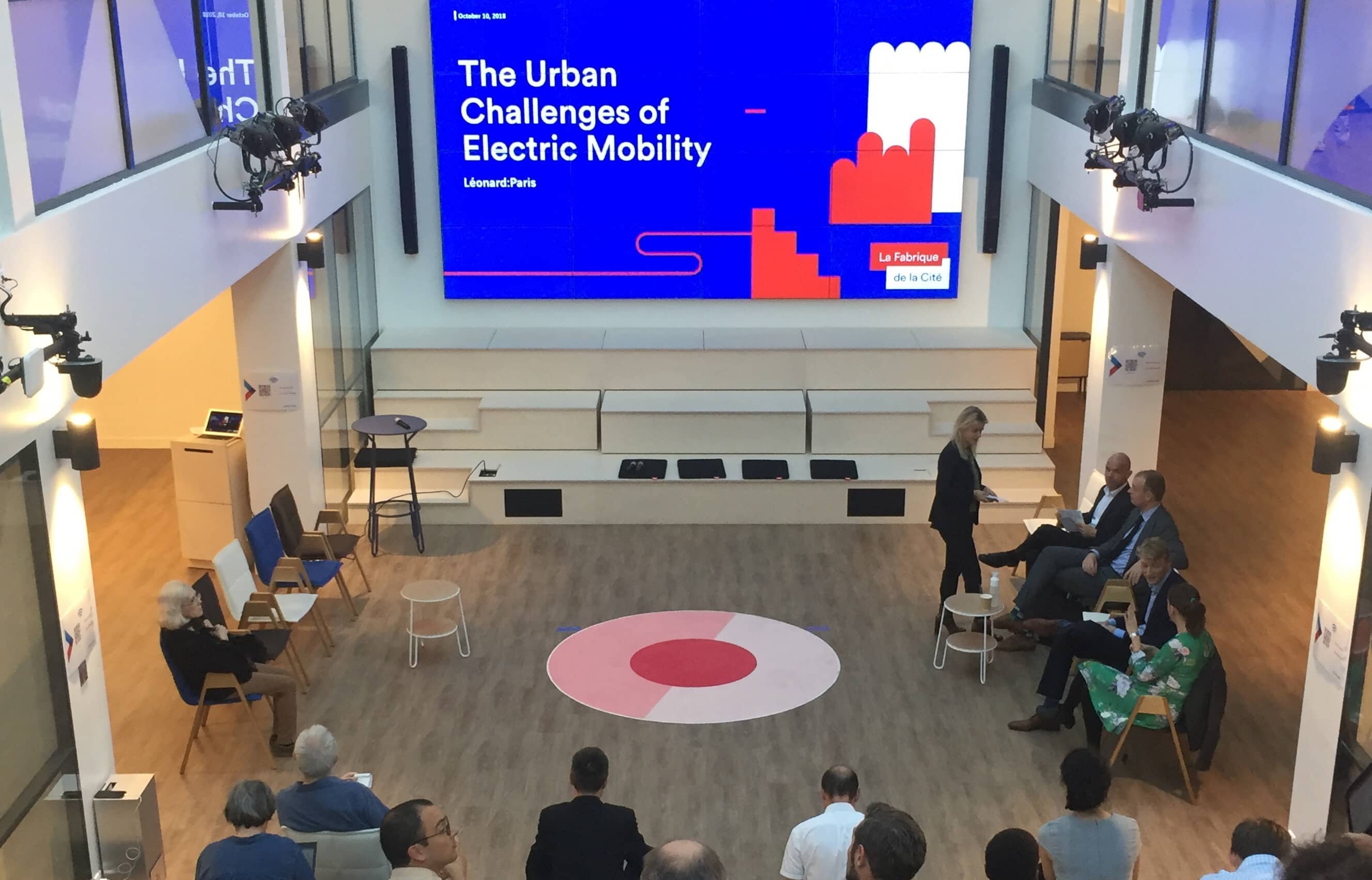

Ecology: a catch-all term or a catalyst? A conversation with Lucile Schmid
On 17 December 2018, La Fabrique de la Cité welcomed Lucile Schmid, Vice-President of the think tank La Fabrique écologique, for a debate entitled “Large infrastructure projects and democracy” at Leonard:Paris. With this event, La Fabrique de la Cité is launching a new research project which aims to study the link between major infrastructure projects and democracy. Can ecology simplify the approach for these projects by structuring the assessment of their justification and utility? Dialogue between Lucile Schmid and Cécile Maisonneuve, President of La Fabrique de la Cité.
Lucile Schmid: I do not like the term “catch-all” because of its negative connotation. That said, it is true that each of us considers ecology through their experiences and in this way there are several possible approaches, be they technical, aesthetic, sensitive, etc. We could say that ecology is a catch-all term in that everyone is different and this is precisely one of the problems of ecological drive: everyone says they are ecologically-minded because it is currently politically correct to do so. I would, however, bet that everyone is doing so in a way that reflects their history, their professional skills and often by avoiding the conflicts that could arise professionally, personally and in terms of consumer habits, etc. If ecology is a catch-all term, it is a term that can be unified.
Cécile Maisonneuve: To go back to the idea of sensitivity, I would advocate a reminder that ecology is a science. Bridges for dialogue must be created and, often, as part of a major project, we are faced with an engineer of a major company which backs the project that the engineer has defined and designed. There is a lack of harmony in the lexical fields and grammar used by various groups. The absence of dialogue is not for lack of trying, but we do not speak the same language. One of the other reasons why it would be interesting to come back to this scientific approach is that for democracy to exist it “needs a factual reality to which we can refer when debating in a public space. The conception of what is reasonable must be made collectively but cannot be done if discussions are not grounded in facts” (Myriam Revault d’Allonnes). How can this factual reality be better expressed than through science? Is it not time to consider ecology on this level, particularly in France where there is a political vision of it but it is not really considered a science, in order to establish this dialogue for major projects?
Lucile Schmid: Today, when you hold debates on environmental issues, some people will say, “I don’t deal with politics, I am an ecologist”. We should not think that science has taken a step back and politics a step forward. On the contrary, there is a strong temptation to not treat ecology as a political issue, or even as a democratic issue, there is the idea that this would be a mistake. There is great importance given to science but at the same time it is very limited in the scope of our democratic institutions as only a minority of our MPs, senators and mayors has the scientific knowledge required to understand the issues from the viewpoint of the dangers in terms of climate and biodiversity. The question of our scientific culture and of the way we can understand environmental issues has been raised and is raised more strongly as regards those in power. Ecological ways of thinking should change the sociology of power in France; when creating policies, we should take the time to read. Such ways of thinking involve a change how we relate to power and knowledge.
This does not mean that scientific answers will come fully-formed and vertical. I know professors and specialists of scientific ecology and I know just how political their struggle is. When we created the IPCC (Intergovernmental Panel on Climate Change) in 1988, it had nowhere near the same importance as it now enjoys in climate negotiations. When this autumn, the IPCC published a report on the possibility of conceiving global warming limited to 1.5°C, at the outset, as scientists, they were not convinced that this was the way forward as they believed that the scenario could not be achieved. One of the authors of the report told me that they were very happy to do so because they realised that it involved transferring the responsibility of citizens to those in power. The scientists at the IPCC believed that this scenario could be achieved but meant that major companies, government leaders and all those who currently organise our development model must make this 1.5°C scenario possible by really reviewing their practices. There is now a scientific consensus on the climate issue but there is no consensus on the way to achieve this 1.5°C outcome. This remains to be implemented on a global scale.
“Ecological ways of thinking should change the sociology of power in France.”
The issue can be resolved by making a norm, probably through legislation, of the restrictions related to the fight against global warming or the preservation of biodiversity. I argue that we need new restrictions. There is also the question of responsibility: today, many of those who oppose projects are not placing themselves in a position of responsibility. They are not developing enough alternative proposals. Does this mean that we have to have a black project and a white project and then create a new divide? I believe in choice if the choice is between two projects that are equally virtuous in terms of environmental restrictions, and in the need to set specifications which include the preservation of biodiversity and the fight against climate change.
These other publications may also be of interest to you:

Lisbon beyond the Tagus
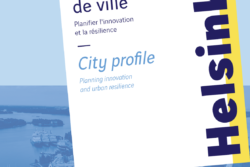
Helsinki : Planning innovation and urban resilience
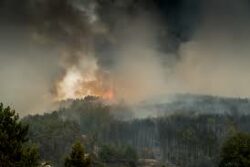
A warm tomorrow

Toronto: How far can the city go?

Nature in the city

Inventing the future of urban highways
“Dig, baby, dig”
La Fabrique de la Cité
La Fabrique de la Cité is a think tank dedicated to urban foresight, created by the VINCI group, its sponsor, in 2010. La Fabrique de la Cité acts as a forum where urban stakeholders, whether French or international, collaborate to bring forth new ways of building and rebuilding cities.















